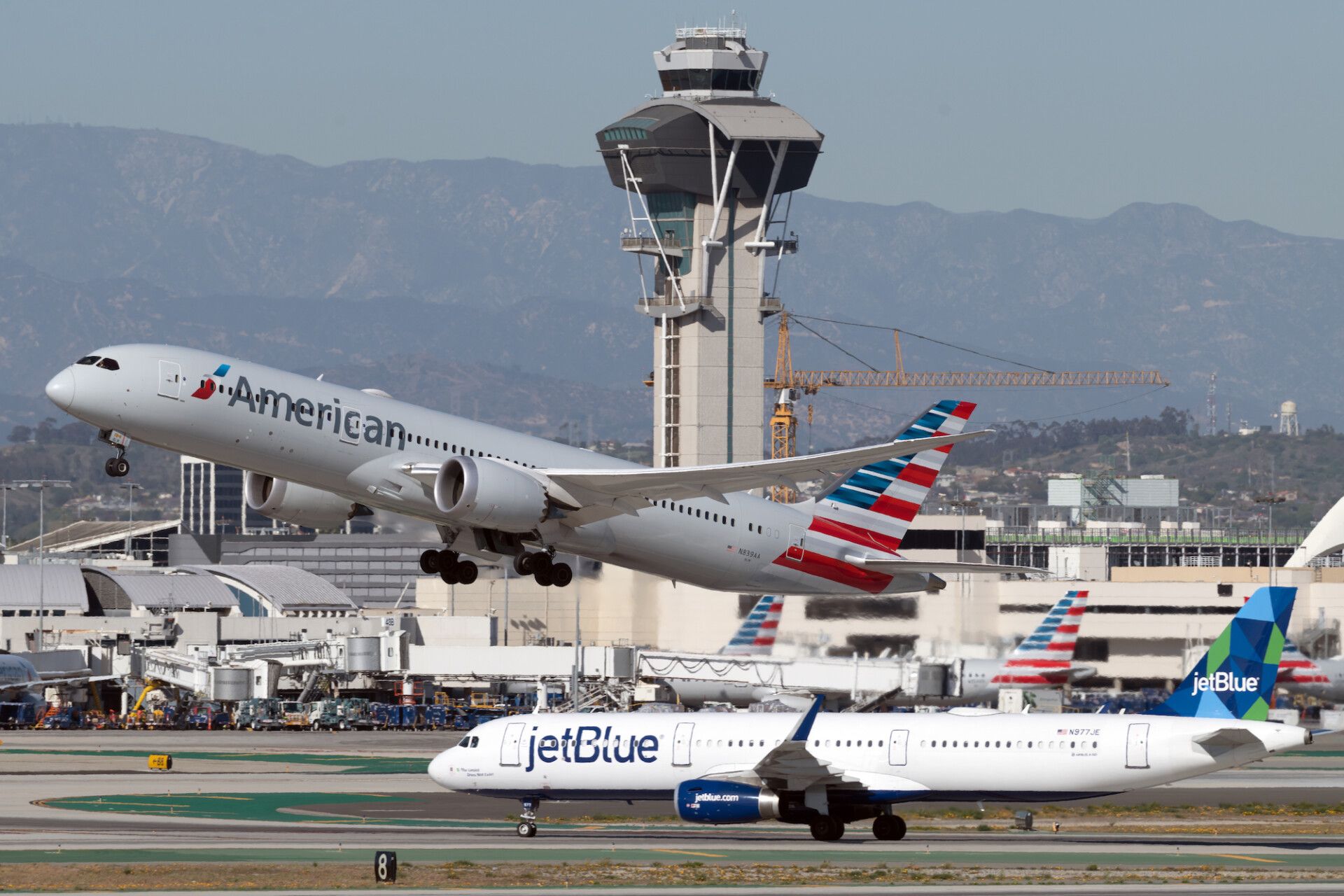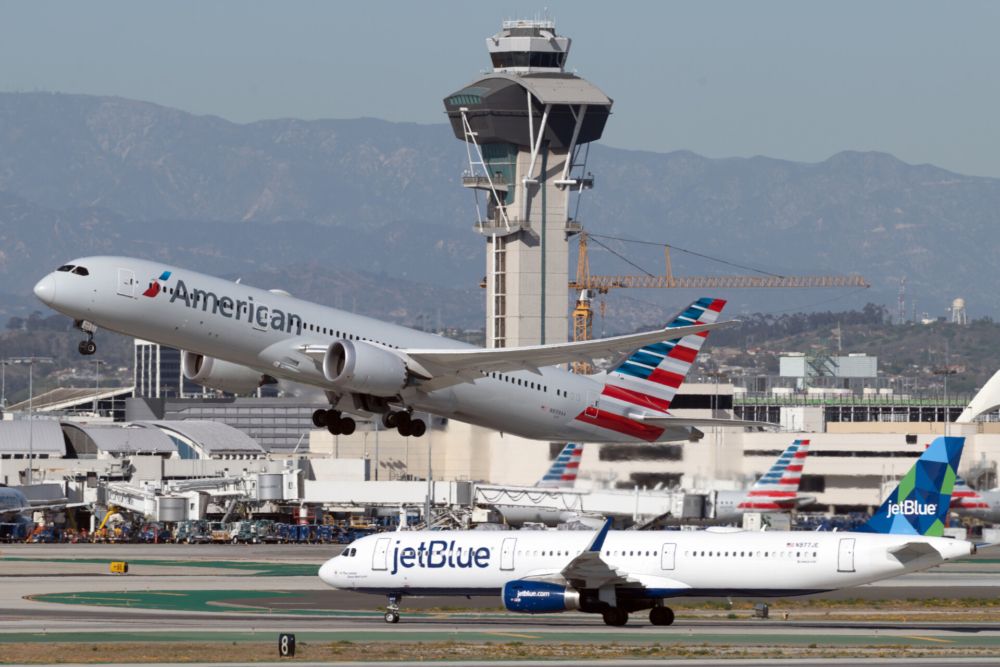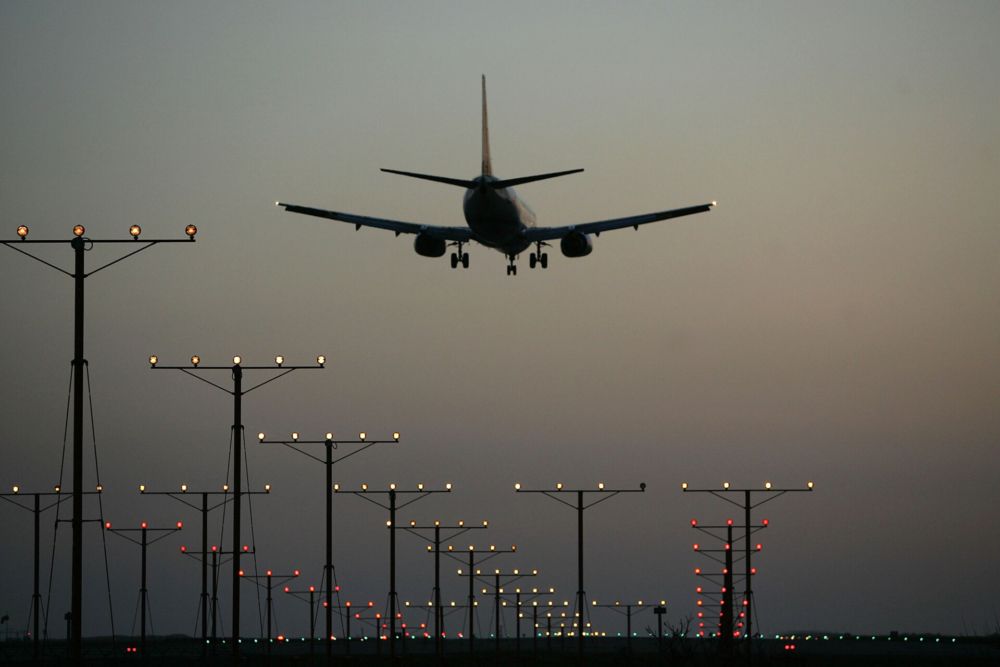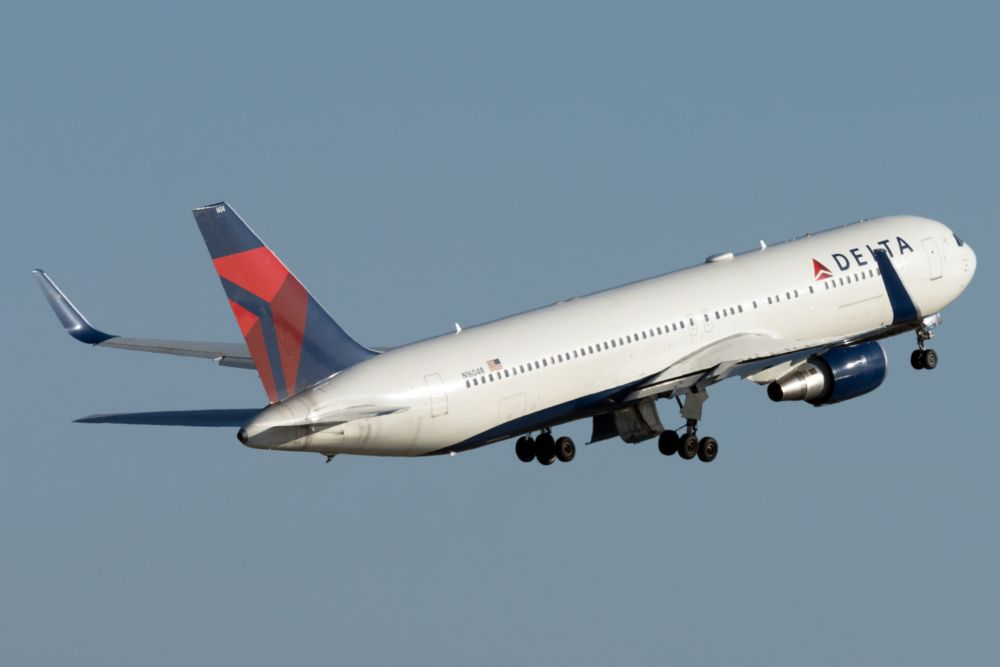The Federal Aviation Administration's regulators say they want more time to investigate how the rollout of 5G might impact flight safety. As such, on New Year's Eve, they submitted a request to telecom providers to halt the introduction of 5G over the so-called C-band frequency, set to commence in two days from now. However, on Sunday, major cell service providers AT&T and Verizon rejected the FAA's request.
Counteracting democracy and national interests, providers say
Operators had initially planned to deploy 5G over the specific frequencies on December 5th. However, they agreed to delay the rollout by a month amid concerns over potential effects on avionics. Now, their patience seems to have run out. AT&T and Verizon are rejecting the request for an additional extension of two weeks submitted on December 31st.
In a letter to United States Secretary of Transportation, Pete Buttigieg, and the FAA's Administrator, Stephen Dickson, on Sunday, the two companies brought up successful and safe rollouts in other countries - and called the request to hold up the process undemocratic.
"Agreeing to your proposal would not only be an unprecedented and unwarranted circumvention of the due process and checks and balances carefully crafted in the structure of our democracy, but an irresponsible abdication of the operating control required to deploy world-class and globally competitive communications networks that are every bit as essential to our country’s economic vitality, public safety and national interests as the airline industry," the letter, obtained by the Wall Street Journal, read.
Stay informed: Sign up for our daily and weekly aviation news digests.
Six months of safety buffer
Meanwhile, AT&T and Verizon agreed to maintain safety buffering C-band exclusion zones around airports for a further six months. This is a system, the telecom giants say, that is already applied in France.
The laws of physics, they argue, are the same in France and the US. Therefore, the same operating conditions should apply to US carriers operating daily services in the States as across the Atlantic.
However, the FAA argues that the circumstances in the two countries are different, with telecom firms operating with lower power levels for 5G in France than they do in the US. Thus far, the only official response from the FAA to Sunday's communication is that,
"We are reviewing the latest letter from the wireless companies on how to mitigate interference from 5G C-band transmissions. U.S. aviation safety standards will guide our next actions.”
What is the potential issue with 5G?
The FAA's concerns lie with a range of frequencies between 3.7-3.8 GHz, the so-called C-band, which is used both by 5G networks and avionics, including altitude measuring devices. As such, the Administration has reportedly been preparing to launch potentially disruptive flight restrictions if the roll-out goes ahead without its approval.
While 5G has existed in the US for a couple of years already, it is the slowest of 14 leading 5G markets. Federal Communications Commissioner Brendan Carr says that the specific spectrum being contested has already launched in over 40 countries without any known effect on avionics.
“Anything short of the wireless carriers lighting up their C-band operations on January 5 pursuant to the FCC’s regulatory regime would mark an unacceptable setback for US leadership in 5G,” Carr was quoted by the Financial Times.
What do you think, should the C-band rollout go ahead, or better safe than sorry and give it an additional two weeks? Leave a comment below and share your opinion.




